Center on Technology and Disability
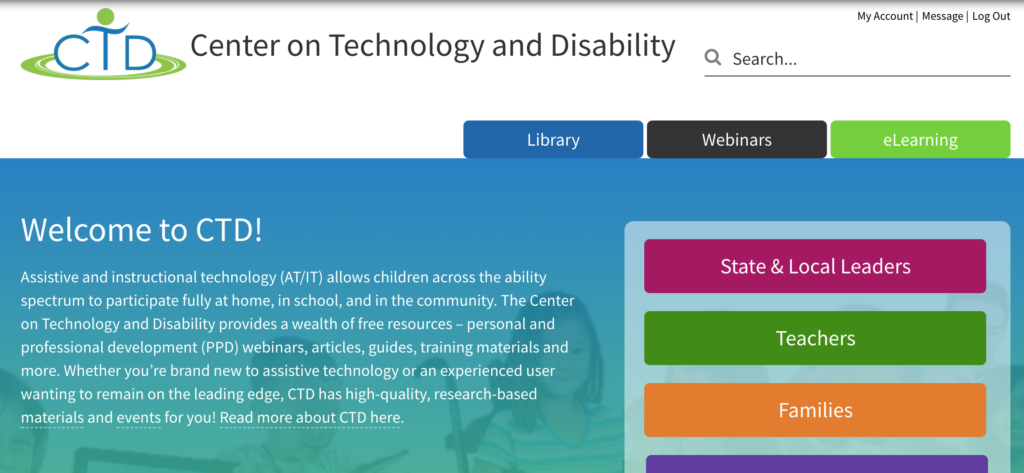
The Center on Technology and Disability (CTD), funded by the U.S. Department of Education, is designed to increase the capacity of families and providers to advocate for, acquire, and implement effective assistive and instructional technology (AT/IT) practices, devices, and services. These technologies have the potential to help youth with disabilities better access the general educational curriculum,… Read More ›
Student-Centered Learning Self-Reflection Tool

The Student-Centered Learning Self-Reflection Tool was created by Mary Bellavance, Instructional Coach at Biddeford Middle School and Students at the Center Distinguished Fellow alum, during the 2017-18 academic year to support teachers, coaches, and school leaders as they implement student-centered learning (SCL) practices in their learning environments. This tool is organized around the four research-based… Read More ›
EdTech That Connects
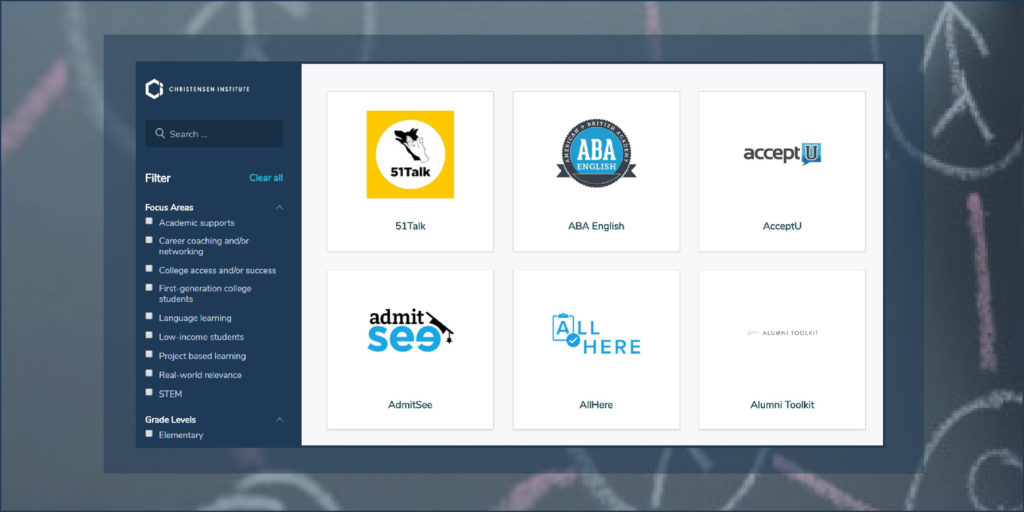
This free, searchable market map features edtech tools designed to connect students—to new people, supports, and opportunities. This article by the The Christensen Institute, which created the map, provides a great introduction to the tool and frames the important potential of these tools to expand students’ networks and lessen gaps in access to social capital. The… Read More ›
The Opportunity Myth
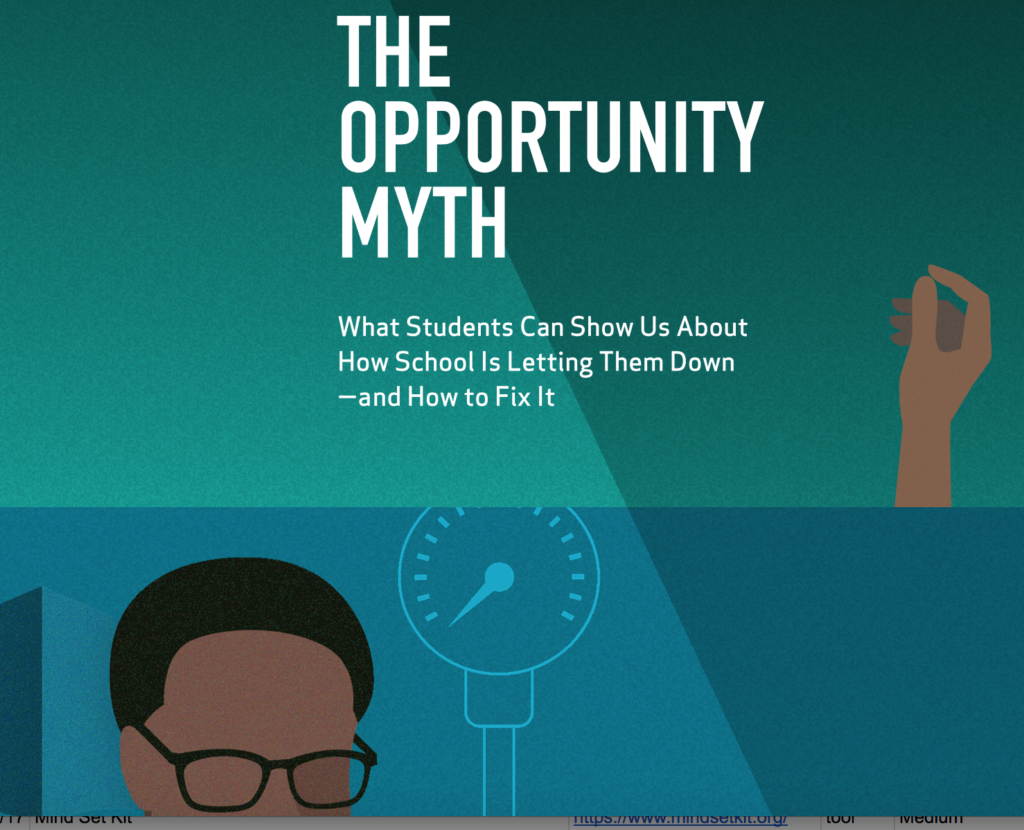
This report showcases the findings from a large study conducted by The New Teacher Project (TNTP) in an effort to answer the question, “How can so many students be graduating from high school unprepared to meet their goals for college and careers?”. TNTP partnered with five diverse school systems, rural and urban, district and charter, to listen… Read More ›
Learner-Centered Professional Learning Culture

Learner-Centered Professional Learning Culture maps the transitions and transformations from “School Centered” to “Learner-Centered.” As the professional learning culture deepens. schools transition to practices that ensure every learner is equipped with the knowledge, skills and dispositions to realize their potential. With an intentional focus on educational equity—defined as: Academic achievement Positive socio-cultural and linguistic identity… Read More ›
Personalized Learning Plans How-to Guide
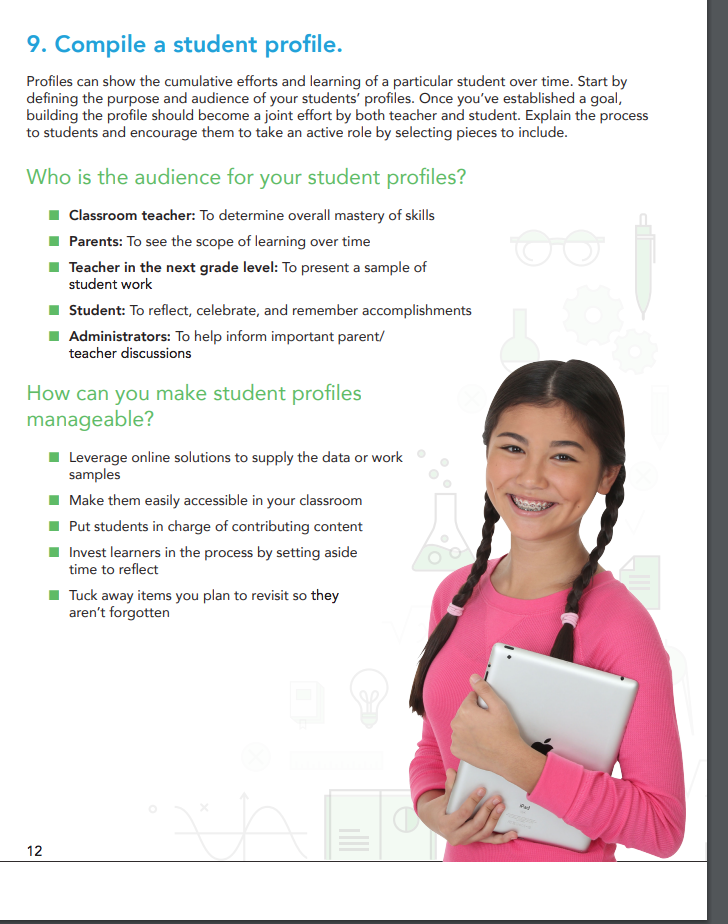
This free guide from Edmentum, a provider of curriculum and instructional management and assessment tools, demystifies personalized learning plans (PLPs). The guide outlines 10 actionable steps to define essential components of a personalized learning plan. This infographic provides a simple snapshot of the 10 steps. The guide also includes guiding questions and examples of effective… Read More ›
LearnNext: Culture and Environment
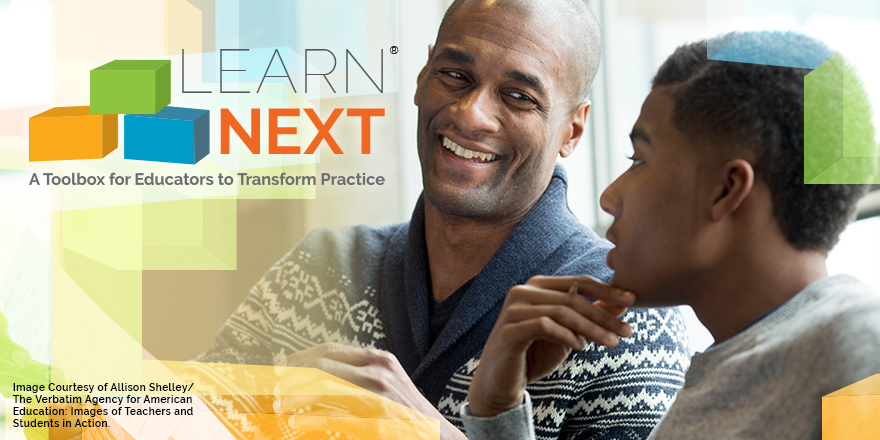
Culture and Environment is a course that examines the learning culture and environment needed to support the development of learner agency. Topics include motivation, resource access, digital divide, routines and practices, feedback, and tolerance. LearnNext’s Learner Agency courses were co-designed as a partnership between the Learner Agency experts at Jobs for the Future and 2Revolutions.… Read More ›
LearnNext: Pedagogical Approaches
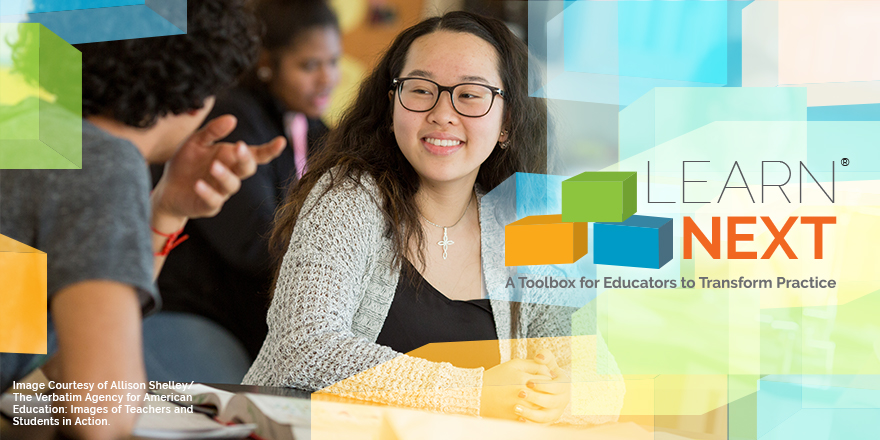
This course focuses on the changing role that educators play as they implement pedagogical approaches that promote learner agency. Specifically, participants will define learner-centered learning, differentiate between learner-centered and teacher-centered learning, assess their own learner/teacher-centered behaviors, explore case studies and pedagogical approaches that support learner agency, and select a new pedagogical practice to incorporate into the classroom.… Read More ›
Strategies for Stronger Engagement
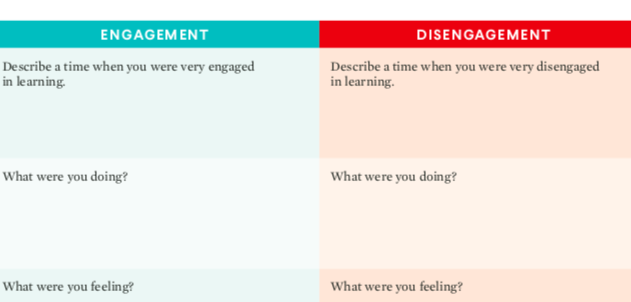
Recent statistics indicate that over half of students are disengaged in school, and teachers spend a lot of their time and energy addressing student disengagement. Is disengagement a challenge in your classroom? How can you create more engaging classrooms where deep learning occurs? How can you develop stronger relationships with all of your students? This… Read More ›
Improving Teaching With Expert Feedback—From Students
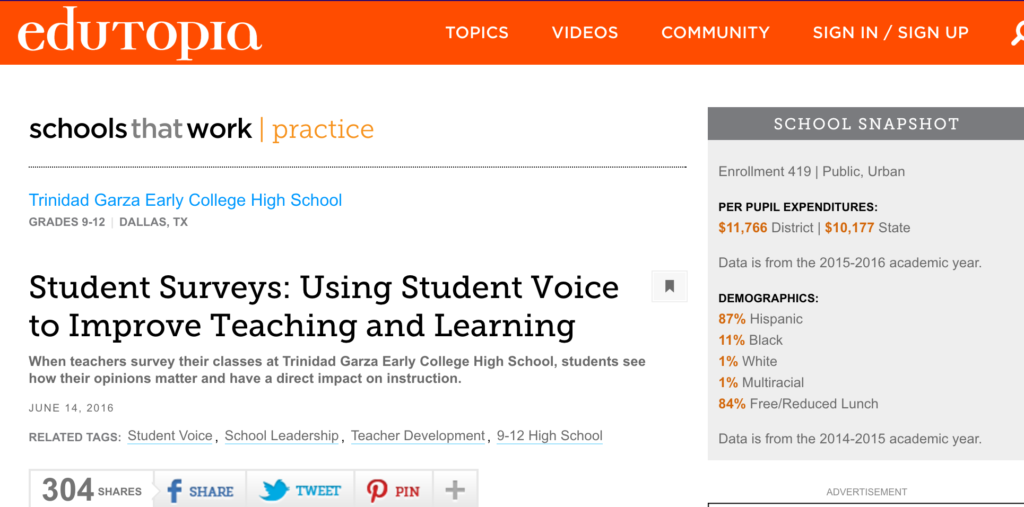
This article, part of the Schools That Work series by Edutopia, describes the approach a physics teacher at Trinidad Garza Early College High School took to improve his instruction. He found, through surveys, that letting students voice their opinions on how they learn best was the key to changing his teaching practices and improving students’ understanding.… Read More ›
Resources for Assessment in Project-Based Learning

This is a compilation of resources to support the development of high-quality, authentic assessments of any learning project. The list features links to help teachers include quality formative assessment as well as consider standardized tests when using project-based learning. It also includes overview resources by project-based learning foundations, as well as relevant research. This is a… Read More ›
360 Story Lab

The Digital Promise Global’s 360° Story Lab supports young people to produce 360° media on topics that affect their communities. Virtual Reality technology can be used to expose students to many new perspectives, experiences, and places. Students can also learn to be creators not just consumers of this technology. Through experiential storytelling and immersive technologies,… Read More ›